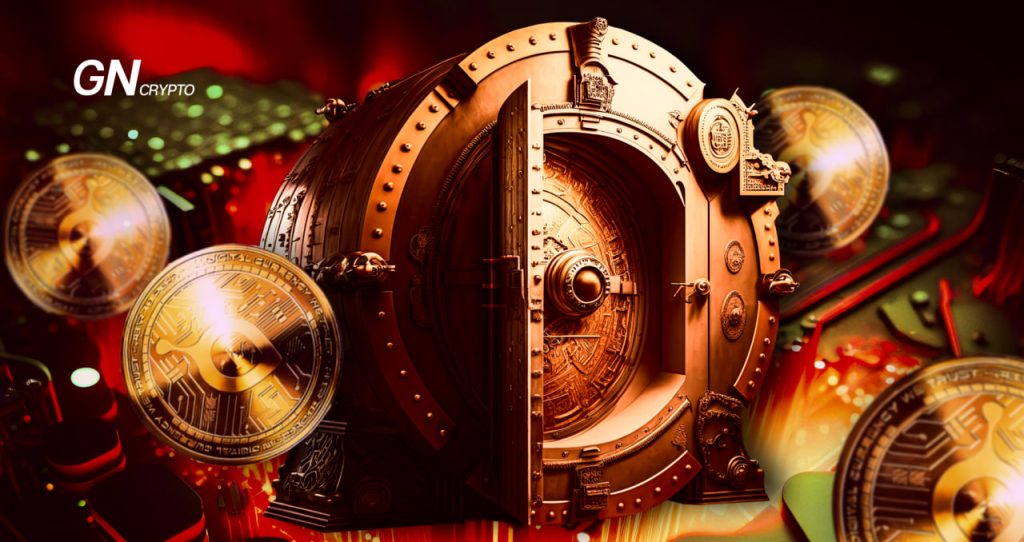Siacoin: A Review of the Project and SC Token

Siacoin is a decentralized network for storing and transferring content. It provides file-sharing services enabled by smart contracts, utilizing a unique approach with ‘file contracts’ to regulate agreements between clients and hosting providers.
On this page
The Inception of the Siacoin Project
In 2013, developers David Vorick and Luke Champine introduced Siacoin as an innovative solution to the limitations of centralized cloud storage systems prevalent in the market. Their proposal was aimed at addressing the growing concerns over security and privacy in data storage. Their vision for Siacoin was to revolutionize data storage and access methodologies by leveraging blockchain technology.
The development of this decentralized platform began in 2014. It gained momentum and reached full functionality in 2015 after the founders secured $2 million in venture funding.
By June 2015, Siacoin had launched its first public testnet, giving users a first-hand experience of the benefits of decentralized data storage. Following this, in June 2016, Siacoin made a significant leap by introducing its main blockchain, Sia, along with the SC cryptocurrency.
How Siacoin Works: Skynet and Proof of Storage
Siacoin's core operation is based on integrating blockchain technology with the Proof of Storage (PoS) consensus algorithm. This distinct cryptographic protocol efficiently verifies the integrity of data stored remotely.
Siacoin also boasts its own decentralized content delivery network, Skynet. This network consists of hosts that offer up unused space on their hard drives in exchange for Siacoin's SC cryptocurrency. To become a hosting provider, users must put up a deposit, known as proof of storage, as a guarantee of their commitment to reliable file transfer. This mechanism acts as a safeguard against providers interfering with stored data.
Files uploaded to the Siacoin network are split into 30 encrypted segments. These segments are then distributed among various hosts within the network, ensuring the durability of the data. Siacoin's developers claim that only the file owner possesses the encryption keys and thus retains complete control over the confidentiality and security of their stored content.
To retrieve stored data, the owner’s software communicates with the blockchain, piecing together the content from its scattered segments. The decentralized architecture of the network ensures that data can be recovered even if some nodes are disconnected or face technical issues.
What is SC?
SC is a utility token of the Siacoin project. Unlike some cryptocurrencies that have a cap on their total supply, SC's quantity aligns with the capacity of data that can be generated and stored within the Sia network. At the time of this writing, the total supply of SC was approximately 55.5 billion.
SC fulfills several crucial roles:
- Payment: Users employ SC tokens to pay for storage space and services in the decentralized network.
- Mining Rewards: Miners are awarded SC for discovering new blocks and verifying transactions. The current reward is 30,000 SC per block, which is fixed.
- Collateral: Hosts are required to stake SC tokens as collateral to ensure the reliability of stored data.
- Value Transfer: SC supports the capitalization of the Siacoin ecosystem.
The SC token can be stored in various wallets, but the Sia-UI wallet, integral to the Siacoin ecosystem, is recommended.
Siacoin is Currently in a Bullish Trend. Source: coinmarketcap
SC is available for purchase on the following CEXs:
- Binance
- OKХ
- Huobi
- Upbit
- Kraken
- Gate
- Poloniex
- Coinbase
The investment potential of SC depends on the competitiveness of the Siacoin project. The market now features several blockchain-based content streaming projects like DAO Joystream, Audius, the PeerTube peer-to-peer platform, and Emanate on the EOS blockchain for audio file sharing. Each offers different monetization options for content creators and users, providing a variety of choices for authors seeking the best platform to monetize their work.
The content on The Coinomist is for informational purposes only and should not be interpreted as financial advice. While we strive to provide accurate and up-to-date information, we do not guarantee the accuracy, completeness, or reliability of any content. Neither we accept liability for any errors or omissions in the information provided or for any financial losses incurred as a result of relying on this information. Actions based on this content are at your own risk. Always do your own research and consult a professional. See our Terms, Privacy Policy, and Disclaimers for more details.


























